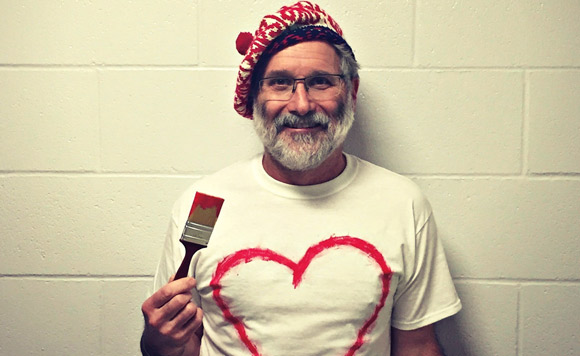by Dr. Ambrose Marsh, Chief of Staff, Saanich Peninsula Hospital –
Work in my office and in the hospital was extraordinarily busy when the SPH Foundation staff asked me to suggest a general theme for Heart Health month.
I hadn’t finished my Christmas shopping, and I was distracted by the fact that all my boys were coming home for the holidays so I tossed out: “Eat less salt and increase your activity,” and left it at that.
A couple weeks later (still having not finished my shopping), I was asked if I might actually write the article and make it an engaging one at that. This led to a discussion (or was it a debate?) about health advice in general. How to deliver it, why it doesn’t always work, requests to stop stating the obvious, and why stating the obvious doesn’t always lead to the expected changes.
So that is my question and the theme of my article – how do we as doctors, health care professionals and governments teach, lead and encourage some very basic health facts that we believe will improve the quality and quantity of most of our lives?
I can point out a significant number of examples of patients I have met who did not listen to some basic health education about weight, activity or blood pressure and have had very frustrating outcomes they have expressed regret about.
Certainly the changes in society, work, and dietary options have led to an obvious shift in health and illness patterns. There is also no shortage of information (and maybe misinformation) about solutions, cures or diets for those evils. That vast array of information may be part of the problem.
In medical school I was taught the health and lifestyle theories of the day, but I was certainly not taught how to effectively impart that information to my patients in a way that might lead to habit changing behaviour. My use of lectures and guilt has seen minimal effects, so recently I hired a nurse who has more health educational skills. Playing good cop, bad cop, I lecture my patients and my nurse supports, empathizes, advises and together, we get improved results.
So I am going to try again with the above in mind, and hope that my comments that follow will resonate with our community.
Good lifestyle habits that you’re able to maintain most of the time can have a huge effect on your health outcomes. Those habits and any attempt at changing health-damaging habits (smoking, inactivity, obesity, salt and alcohol overuse, etc.), must be tolerable, sustainable forever (or at least until the week before we die!). So think about it from that perspective as you incorporate changes to your routine.
That said, I understand that changing habits is not always easy. You might feel hungry or stiff, you may have to say no to something that you enjoy, but I promise you that your efforts will pay off to increase your quantity and quality of life. It really is as simple as that to paint a better picture of your heart’s health.
Please be well.




